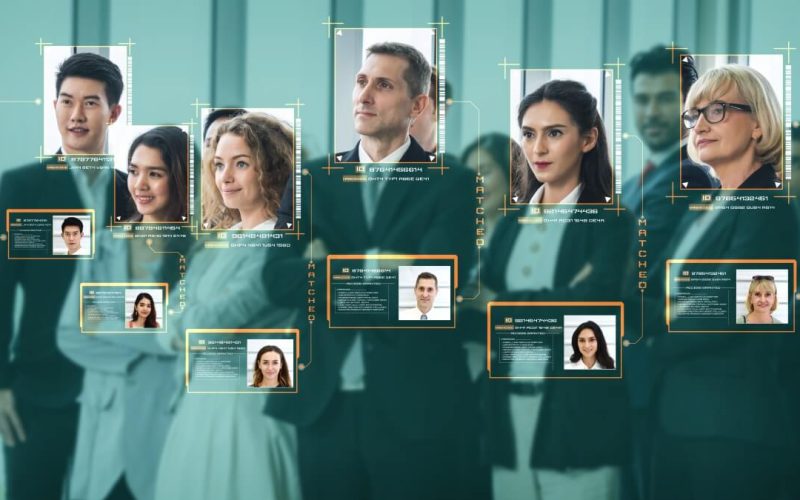In a digital age where security and efficiency are paramount, face recognition solutions have emerged as a cornerstone of identity verification and authentication. These innovative systems, powered by sophisticated algorithms and biometric analysis, offer a myriad of benefits across diverse industries. Navigating through the world of ID verification solutions unveils a landscape rich with potential, yet also fraught with challenges and ethical considerations.
At its core, face recognition technology operates by analyzing unique facial features such as the arrangement of eyes, nose, and mouth to establish an individual’s identity. This method of identification offers several advantages over traditional authentication methods like passwords or PINs, including enhanced security, convenience, and reduced vulnerability to fraud.
In the realm of security and law enforcement, face recognition has become an indispensable tool for crime prevention and investigation. Law enforcement agencies utilize these systems to match faces captured in surveillance footage with known criminal databases, aiding in the identification and apprehension of suspects. Additionally, face recognition plays a crucial role in border control and airport security, enabling expedited passenger processing while maintaining stringent security measures.
Beyond security applications, face recognition is transforming various sectors, including retail, healthcare, and finance. In retail environments, businesses leverage face recognition technology to personalize customer experiences, optimize store layouts, and mitigate theft through real-time monitoring and analysis. Similarly, in healthcare settings, face recognition enhances patient identification, streamlining administrative processes and ensuring accurate medical records management.
Moreover, financial institutions are increasingly adopting face recognition solutions to strengthen security measures and combat fraud. By verifying customers’ identities through facial biometrics, banks can enhance the security of online transactions and prevent unauthorized access to accounts. This not only protects individuals’ financial assets but also fosters trust and confidence in digital banking services.
Despite its myriad benefits, the widespread deployment of face recognition solutions raises significant ethical and privacy concerns. The collection and storage of biometric data pose risks related to data privacy, surveillance, and potential misuse. Moreover, the inherent biases present in facial recognition algorithms can lead to inaccuracies and discriminatory outcomes, disproportionately affecting marginalized communities.
As society navigates the complexities of face recognition technology, it is imperative to prioritize ethical considerations and implement robust safeguards to protect individuals’ rights and privacy. Transparency, accountability, and regulatory oversight are essential in ensuring responsible deployment and mitigating the risks associated with facial recognition systems.
In conclusion, face recognition solutions offer unparalleled capabilities in identity verification and authentication, revolutionizing various industries and enhancing security measures. However, the ethical implications and privacy concerns associated with these technologies necessitate careful navigation and proactive measures to safeguard individuals’ rights and promote responsible innovation in the digital era.
